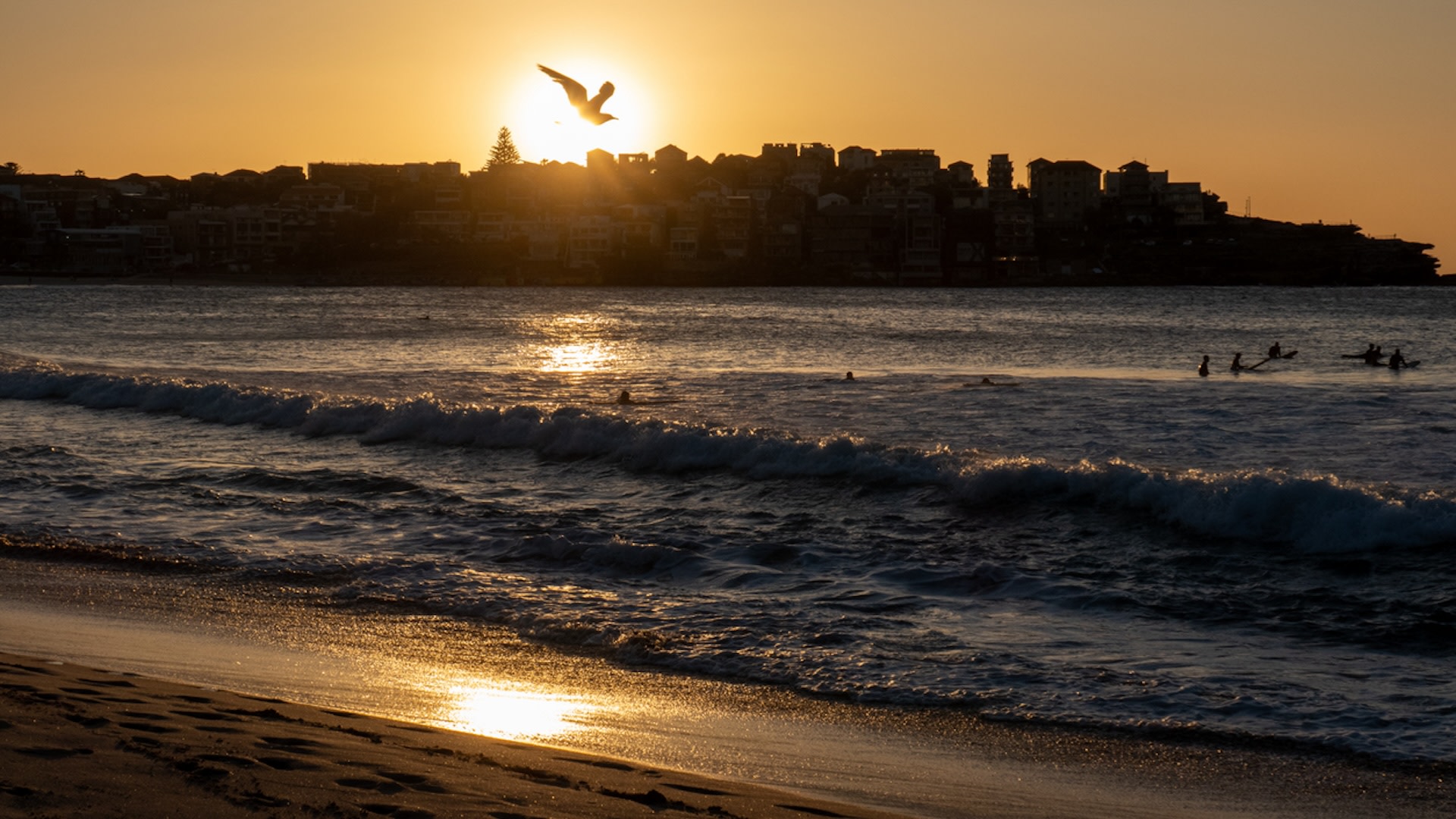Environmental agencies in New South Wales are launching an investigation into the suspected poisoning of 30 magpies in the town of Cootamundra.
According to the Guardian, they were treated at Cooper Street Veterinary Hospital in September. Upon arrival, many of the poor creatures couldn't stand or walk, and some lost all leg mobility. Unfortunately, nine magpies didn't make it, and the others hadn't recovered despite being treated.
Karlie Johnston, the practice manager at the vet, told the Guardian it was "highly likely" that the animals were poisoned since so many birds were impacted in one location.
"We treat injured and sick birds all the time, but we've never had 30 brought in at one go … everyone's been pretty upset about it," she added.
The vet hospital posted about the incident in the Cootamundra Matters Facebook group, uploading several photos of the poisoned animals.
"Please be on the lookout for any unwell magpies," the post read. "Aside from being extremely cruel, it is illegal to poison native birds and large fines are issued to anyone caught doing so."
The NSW Environment Protection Authority said it was investigating the mass poisoning, according to the Guardian. However, it's unclear if it was intentional or an accident.
Johnston believed pesticides, rodenticides, or certain herbicides could've caused unintentional poisoning.
The NSW EPA stated that the irresponsible use of pesticides in a way that could harm animals could result in penalties between $500,000 and $2 million. The Guardian noted that the EPA is awaiting test results and is expected to announce its findings soon.
It's difficult to comprehend the reasoning behind the poisoning if it was indeed deliberate. An article from ABC Health, posted on MSN, explained the supposed poisoning happened during nesting season when magpies often swoop over cyclists and pedestrians to defend their young.
A frustrated resident could've decided to take revenge on the magpies by poisoning them, though clearly not considering the consequences of their actions. If it was accidental, it's still important to be mindful when applying pesticides since they can leach into the environment and harm wildlife and ecosystems.
Pesticides have their place in modern society (even though many breakthroughs are being made in sustainable agriculture). Still, we must remember that other animals are far more sensitive to chemicals than humans, so we should exercise caution when using them.
Magpies are an important part of the ecosystem and are beloved by people worldwide. Treating them with kindness is the least we can do to protect their populations and continue enjoying our shared existence.
Hopefully, no other poisoned magpies turn up in Cootamundra, though the vet hospital encouraged residents to call the local wild care helpline should they encounter any.
Facebook users in the Cootamundra Matters group expressed their sympathy for the magpies.
"What's wrong with people," one person commented on the post.
"What a cruel way for such beautiful birds to die," another said.
Join our free newsletter for good news and useful tips, and don't miss this cool list of easy ways to help yourself while helping the planet.









